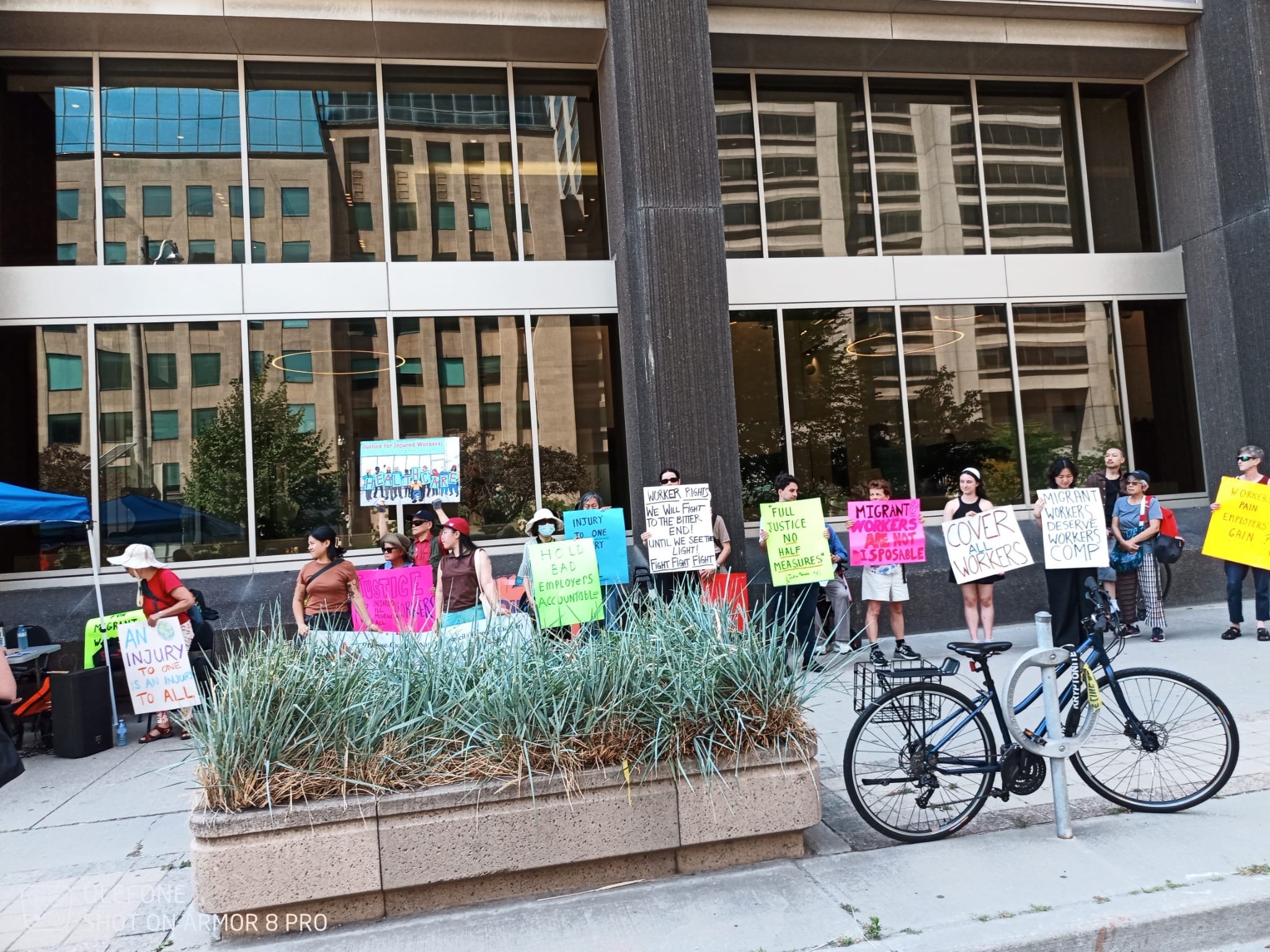Union calls on Ontario government to provide same protections to its workers

A Quebec court has ruled that its government must apply the precautionary principle to mandate N95 respirators for health-care workers at risk of being exposed to COVID-19, according to the Ontario Nurses’ Association (ONA).
“Justice Philippe Boucier has rightly found that the precautionary principle should have been applied in Quebec to prevent workers from becoming infected with COVID-19, given the significant risk of airborne transmission,” said Vicki McKenna, ONA president. “The Quebec court has ruled that those working in areas with suspected or confirmed COVID-19 residents and patients must be provided N95 respirator protection.”
The group said that the court recognized that one of the modes of transmission of the virus is by air or inhalation of aerosols, and that medical masks did not provide effective protection for workers against COVID-19. Meanwhile, N95 respirators are needed to protect workers against infectious aerosols.
ONA also noted that the decision contradicts the position defended by public health authorities and the directives of the Ministry of Health, which reserved the N95 only for caregivers who were called upon to perform specific medical procedures.
In January, Manitoba signed a partnership that will allow health-care workers delivering care in settings that pose an increased risk of exposure to COVID-19 to select the most appropriate personal protective equipment (PPE) they require.
Call to action
The Quebec court decision came one month after the ONA filed a court application to ensure the protection of front-line registered nurses (RNs) and health-care professionals from airborne transmission of COVID-19. And now the group is calling for immediate action from the Ontario government.
“ONA has asked the Ontario Court to ensure the Chief Medical Officer of Health recognizes and updates the directives regarding aerosol transmission to ensure our own RNs and health-care professionals are safe,” says McKenna.
The group said that while Quebec continues to lead the country in airborne COVID-19 worker protection, Ontario continues to lag behind. In fact, in the month since ONA filed its court application, another approximately 1,100 health-care workers have been infected.
Also, there is now overwhelming evidence of aerosol transmission recognized by the Public Health Agency of Canada, the Centers for Disease Control and the World Health Organization. However, Ontario has not followed suit, according to the group.
“Quebec's court decision ensures that all health-care professionals are provided an N95 respirator immediately when a resident or patient is suspected to be infected with COVID-19,” said McKenna. “The decision also mandates that these dedicated teams do not cross zones.”
Three-quarters (73 per cent) of Canadians surveyed believe that the high number of deaths in LTC homes related to COVID-19 could have been reduced if governments had acted sooner, according to a report from the Canadian Medical Association (CMA) and the National Institute on Ageing (NIA).





